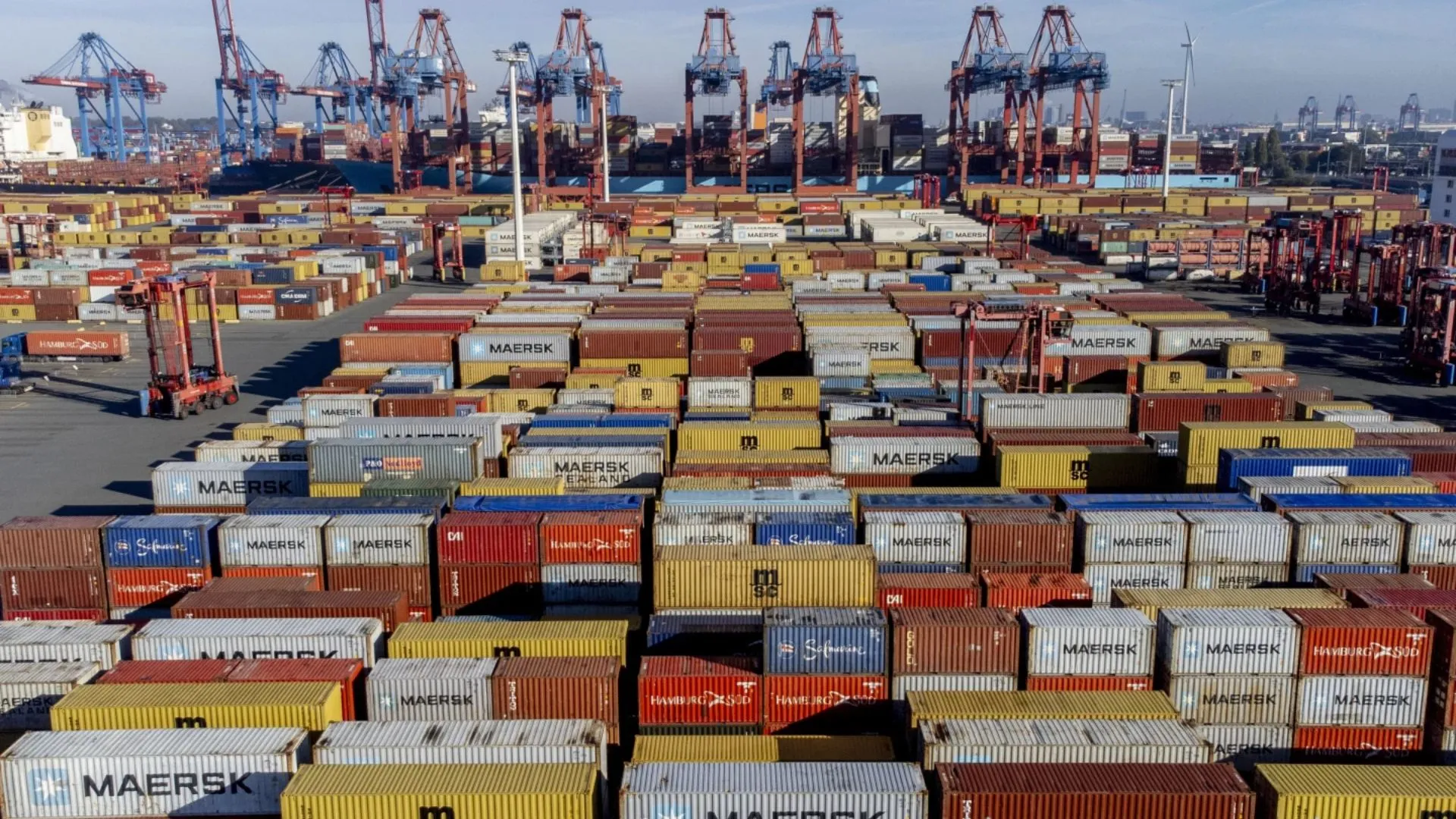In the wake of the April 22 terror attack in Pahalgam, the Global Trade Research Initiative (GTRI) has highlighted how Indian goods continue to reach Pakistan despite trade restrictions. According to GTRI estimates, Indian products worth over USD 10 billion annually make their way to Pakistan using third-country routes. Exporters are reportedly sending shipments to ports like Dubai, Singapore, and Colombo, where goods are re-labelled and documents altered to show a different country of origin before being shipped to Pakistan.
This method allows trade to continue indirectly, bypassing official restrictions. Third-Country Route Explained GTRI noted that Indian firms first ship goods to third-country ports. At these ports, independent firms store the goods in bonded warehouses, where duties are not paid during transit.

Labels and documents are modified to reflect a new country of origin, such as “Made in UAE.” The goods are then exported to Pakistan as non-Indian products, bypassing direct trade restrictions between India and Pakistan. Higher Prices and Grey Zones GTRI explained that this route allows exporters to sell products at higher prices.
For instance, a firm might export auto parts from India to Dubai worth USD 100,000. After relabelling, the same goods are exported to Pakistan for USD 130,000, covering costs of storage, paperwork, and market access. The GTRI stated, “While this transshipment model isn’t always illegal, it sits in a grey zone.
It shows how businesses find creative ways to keep trade going–often faster than governments can react.” Recent Measures by India Following the Pahalgam terror attack, India has taken several diplomatic measures against Pakistan. The government closed the Integrated Check Post (ICP) at Attari and suspended the SAARC Visa Exemption Scheme (SVES) for Pakistani nationals, giving them 40 hours to return home.
Both countries have also agreed to reduce the number of officers in their High Commissions. Furthermore, India has halted cooperation under the Indus Waters Treaty, which had been signed in 1960. Impact on Future Trade The ongoing tensions between India and Pakistan are expected to have a long-lasting impact on trade activities.
Analysts believe that both direct and indirect trade will face increased scrutiny in the coming months. (With Input From ANI) Also Read: Recalling Champaran Satyagraha, Where Bihar’s Boy Played A Vital Role In The Movement.
Business

Bypassing Barriers: How Indian Goods Enter Pakistan Despite Trade Freeze

The ongoing tensions between India and Pakistan are expected to have a long-lasting impact on trade activities. Analysts believe that both direct and indirect trade will face increased scrutiny.














